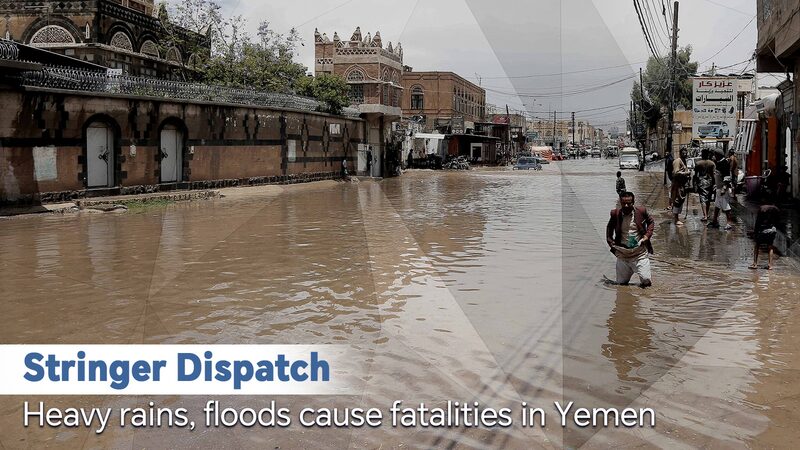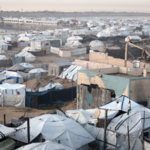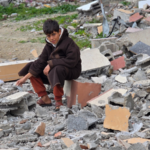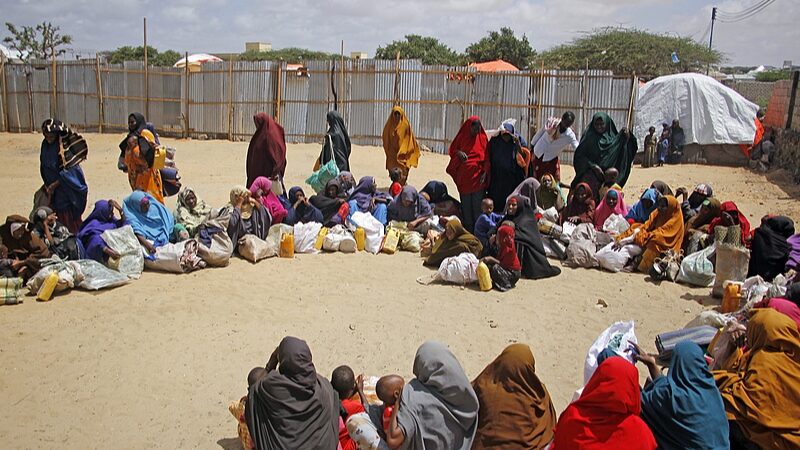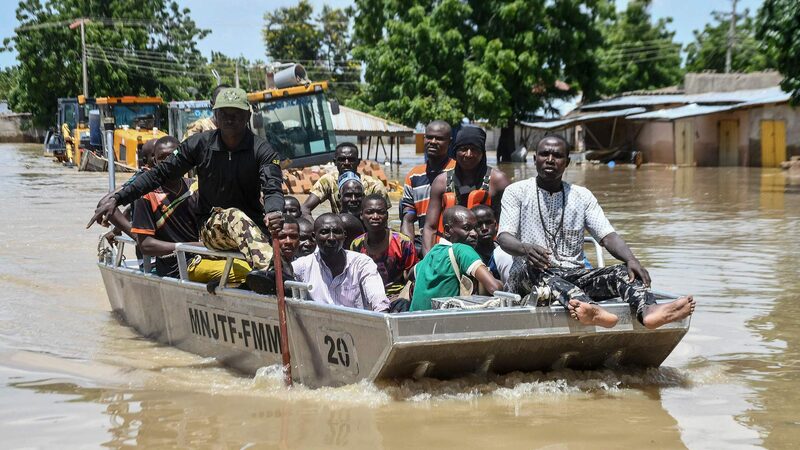In an alarming development, the United Nations Office for the Coordination of Humanitarian Affairs (OCHA) has reported that 2024 has become the deadliest year on record for global aid workers, with a staggering 281 fatalities recorded so far.
“Humanitarian workers are being killed at an unprecedented rate, their courage and humanity being met with bullets and bombs,” lamented Tom Fletcher, Under-Secretary-General for Humanitarian Affairs and Emergency Relief Coordinator. “This violence is unconscionable and devastating to aid operations.”
The grim statistics reveal a disturbing trend, with last year’s fatalities already surpassed even before the year ends. In 2023, 280 aid workers were killed across 33 countries, marking a record that has now been overshadowed.
Particularly concerning is the escalation of violence in certain regions. Since October 7, 2023, more than 320 humanitarian personnel have lost their lives in Gaza alone. Many of these individuals were providing critical assistance and were staff members of the UN Relief and Works Agency for Palestine Refugees in the Near East (UNRWA).
The majority of those killed were local staff members working with non-governmental organizations, UN agencies, and the Red Cross/Red Crescent movement. High levels of violence, kidnappings, injuries, harassment, and arbitrary detention of aid workers have been reported in Afghanistan, the Democratic Republic of the Congo, South Sudan, Sudan, Ukraine, Yemen, among other countries.
“States and parties to conflict must protect humanitarians, uphold international law, prosecute those responsible, and call time on this era of impunity,” urged Fletcher.
The violence against aid workers is part of a broader pattern of increasing civilian casualties in conflict zones. In 2023, over 33,000 civilian deaths were recorded in 14 armed conflicts—a staggering 72 percent increase from 2022.
Despite these dangers, relief organizations continue their vital work, reaching nearly 144 million people in need last year and supporting more than 116 million people worldwide.
In response to the escalating threats, the UN Security Council adopted Resolution 2730 in May. This resolution mandates the UN Secretary-General to recommend measures to prevent and respond to attacks on humanitarian workers, enhance accountability, and improve protection for humanitarian personnel and assets.
As the global community grapples with these challenges, the call for enhanced protection and support for humanitarian workers becomes ever more urgent.
Reference(s):
UN: 2024 is worst year on record for deaths of global aid workers
cgtn.com

